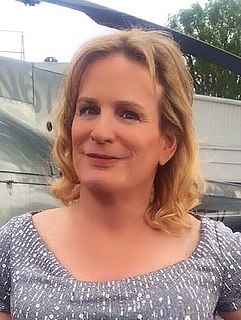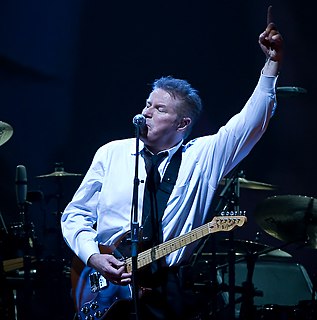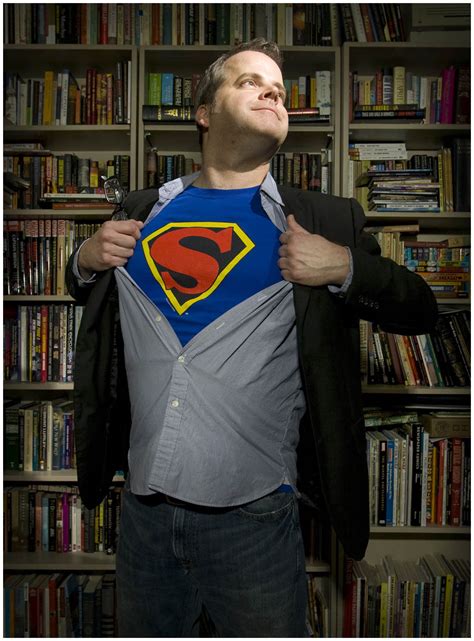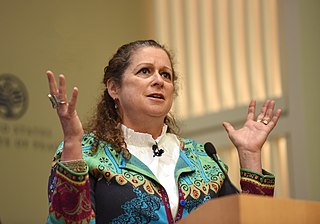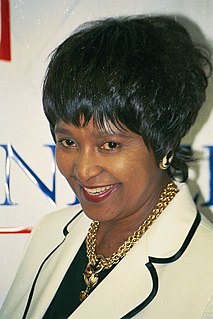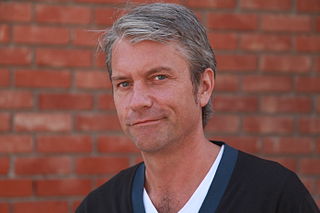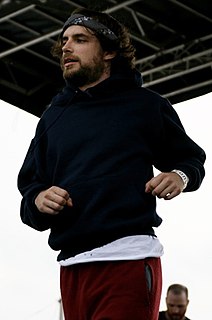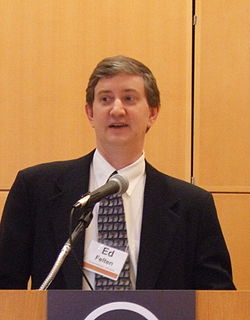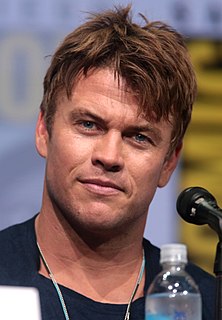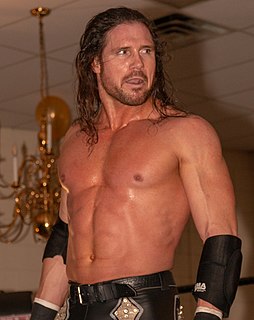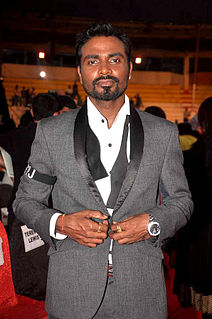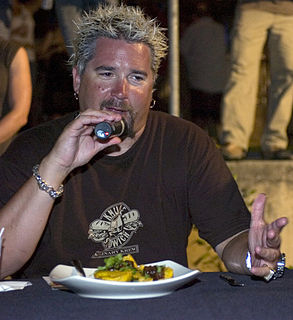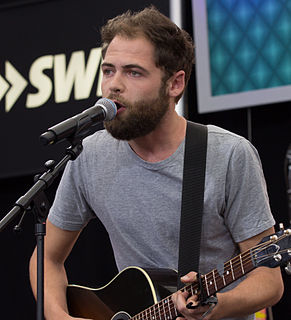Top 196 Copyright Quotes & Sayings - Page 3
Explore popular Copyright quotes.
Last updated on April 20, 2025.
Anyone who knows anything should know you cannot take a master track of a recording and write another song over the top of it. You just can't do that. You can call it a tribute or whatever you want to call it, but it's against the law. That's a problem with some of the younger generation, they don't understand the concept of intellectual property and copyright.
When it comes to music, movies, literature, paintings, and even Bikram yoga, it's pretty easy to have an opinion about whether something has been copied. Software, on the other hand, was an awkward late addition to the original Copyright Act of 1976, shoehorned into section 102(a) as a 'literary work.'
I have very mixed feelings about it. On one hand, I’m concerned that the rampant downloading of my copyright-protected material over the Internet is severely eating into my album sales and having a decidedly adverse effect on my career. On the other hand, I can get all the Metallica songs I want for FREE! WOW!
If we're talking about someone creating something new, those rights are fairly well defined (in the United States, at least) under existing copyright law. But then there's often discussion about the rights of people who produce works under work-for-hire arrangements, which can be far more subtle and nuanced.
My family achieved success not in spite of, but because of the American system of taxation. After all, without reliable and safe roads there’d have been no Disneyland; without high functioning legal systems and a well regulated business environment there would have been no copyright protection for Mickey Mouse.
Podcasting is not really that different from streaming music, which we've done for quite a long time. Having a traditional podcast that people subscribe to - the hype is ahead of the quality. Podcasting is essentially a download, and you run into copyright issues. What you're left with currently is podcast talk radio.
Authors have a greater right than any copyright, though it is generally unacknowledged or disregarded. They have a right to the reader's civility. There are favorable hours for reading a book, as for writing it, and to these the author has a claim. Yet many people think that when they buy a book they buy with it the right to abuse the author.
Can a one judge sitting somewhere in a trial court issue an order that says nobody in the world is allowed to have, to use, to improve or to develop software for playing multimedia content without the permission of the manufacturers of the content themselves? .. This is an astonishing development in the course of our understanding of what we call the copyright bargain, the relationship between authors' rights, publishers' leverages and consumers' needs.
Making movies is a very different experience in a lot of ways. It's difficult when you're used to owning the copyright and having a landlord's possessory rights - I rent my plays to the companies that do them and, if I'm upset, I can pull the play. But the only two directors I've worked with are pretty great.
The absolute transformation of everything that we ever thought about music will take place within 10 years, and nothing is going to be able to stop it. I see absolutely no point in pretending that it's not going to happen. I'm fully confident that copyright, for instance, will no longer exist in 10 years.
If I take that person and play them as a record I'm becoming not only a conductor and composer of collage, but at the same time I'm looking at a whole layer of what goes into copyright law, who owns those memories, who owns the way that that sound gets remixed and transformed and above all how much fun it is to actually just mess with other people's stuff.
Judges decide upon copyright law. They decide upon trademark law. They decide upon scientific issues. They decide upon very complex technical issues on a daily basis. So you must have confidence in the Supreme Court, that they will apply their mind and they will come out with a decision consistent with the Constitution.
Of course, corporations and governments have a right to something for their money. They pay the wages. But they don't have the ethical right to literally purchase the copyright of a citizen's potential contribution to society. In a democracy they should not have the legal right to silence the quasi-totality of the functioning élite in order to satisfy a managerial taste for control and secrecy.
New technologies will always demand and deserve careful navigation and difficult readjustments. But the weakening or de facto abolition of copyright will not merely roil the seas, it will drain them dry. Those who would pirate what you produce have developed an elaborate sophistry to convince you that they are your victim. They aren't. Fight back.




